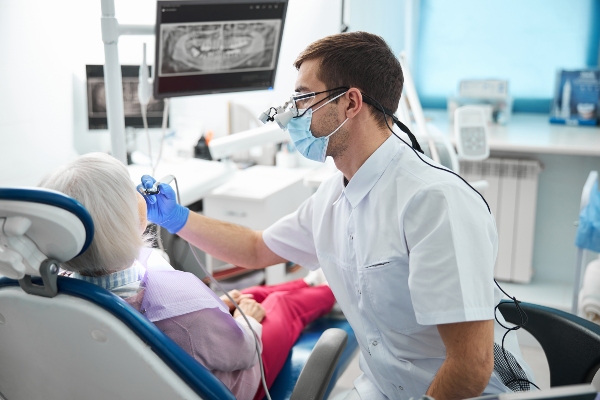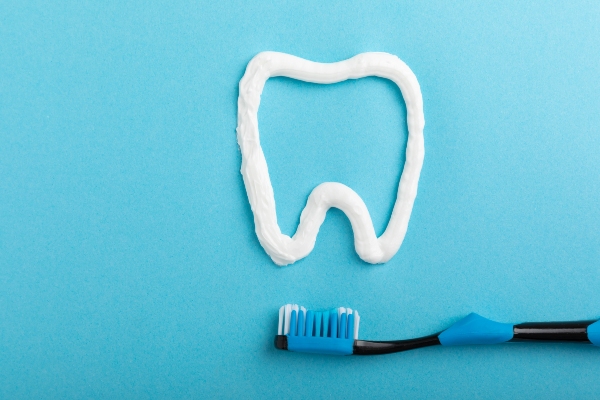 Emergency dentistry deals with dental emergencies that require immediate treatment. For example, an infected tooth requires urgent care since it causes excruciating pain, and the infection is always a risk of expanding to other parts of the body.
Emergency dentistry deals with dental emergencies that require immediate treatment. For example, an infected tooth requires urgent care since it causes excruciating pain, and the infection is always a risk of expanding to other parts of the body.
Interesting facts about emergency dentistry
Here are some fascinating facts everyone should know about emergency dentistry:
1. Any issue that requires emergency care falls under emergency dentistry
The emergency dental care umbrella covers any dental issue that needs addressing immediately. For example, an excruciating toothache that leaves a person unable to focus or get any sleep requires emergency care since waiting for a few weeks for a regular appointment does not make sense. The underlying issue causing the pain would likely be significantly harder to treat if the patient waits a few weeks before getting the problem addressed by a dentist.
2. Emergency dental care is expensive
The cost of urgent dental care varies depending on the emergency and the dentist, but it is generally more expensive than regular dental care. Emergency dental care is more costly because emergency dentists have to accommodate their schedules to see patients outside regular business hours, which costs them more money. In addition, emergency dental procedures are often more complex and require special equipment, which also raises the cost.
3. Emergency dental care is not always covered by insurance
Most insurance companies do not cover emergency dental care, so patients have to pay out of pocket for the services. However, some insurance companies will cover a portion of the cost if an accident or injury causes the emergency.
4. Dental emergencies can happen to anyone
Dental emergencies do not differentiate and can happen to anyone at any time. For example, a person who takes good care of their teeth can still develop an abscessed tooth, which is a serious dental emergency.
5. Emergency dental care is available 24/7
Emergency dental care is available 24 hours a day, seven days a week. Many emergency dentists offer after-hours services so patients can get the treatment they need as soon as possible.
6. Dental emergencies can be life-threatening
Some dental emergencies, such as a cracked tooth, may not seem like they would be life-threatening. However, if the crack extends to the tooth's root, it could lead to an infection that extends to other parts of the body and potentially becomes life-threatening.
7. Emergency dental care is vital
Emergency dental care is essential for treating severe dental issues that require immediate attention. Without emergency dental care, many people would suffer from excruciating pain or develop infections that could lead to other serious health problems.
Emergency dentistry is a critical aspect of healthcare. These seven facts provide a snapshot of emergency dentistry and its importance.
We provide urgent care
Are you dealing with a dental emergency? Give us a call or head straight to our Columbus clinic for urgent care.
Here's how to reach us...
Request an appointment or call Ohio Cosmetic Dentists at 614-503-5240 for an appointment in our Columbus office.
Recent Posts
Emergency dentistry can tell you a lot about tooth pain. They can tell you what the cause is, how to treat it, and what to do to prevent it in the future. Tooth pain is typically a sign there is something wrong with a tooth. The pain typically lingers until the root cause of it…
Gum bleeding signifies that you must visit the emergency dentistry office immediately. The dentist will examine your mouth to determine if the bleeding is due to simple irritation or a more severe condition. If your gums are bleeding, you must see a doctor immediately so the problem does not worsen. This article explains why anybody…
Seeking an emergency dentistry solution to tooth avulsion must happen right away. In this type of dental emergency, your chances of getting your tooth back in your mouth are higher if you go to the urgent dental care clinic. Knowing how this dental facility can help your situation can give you hope for recovering your…


